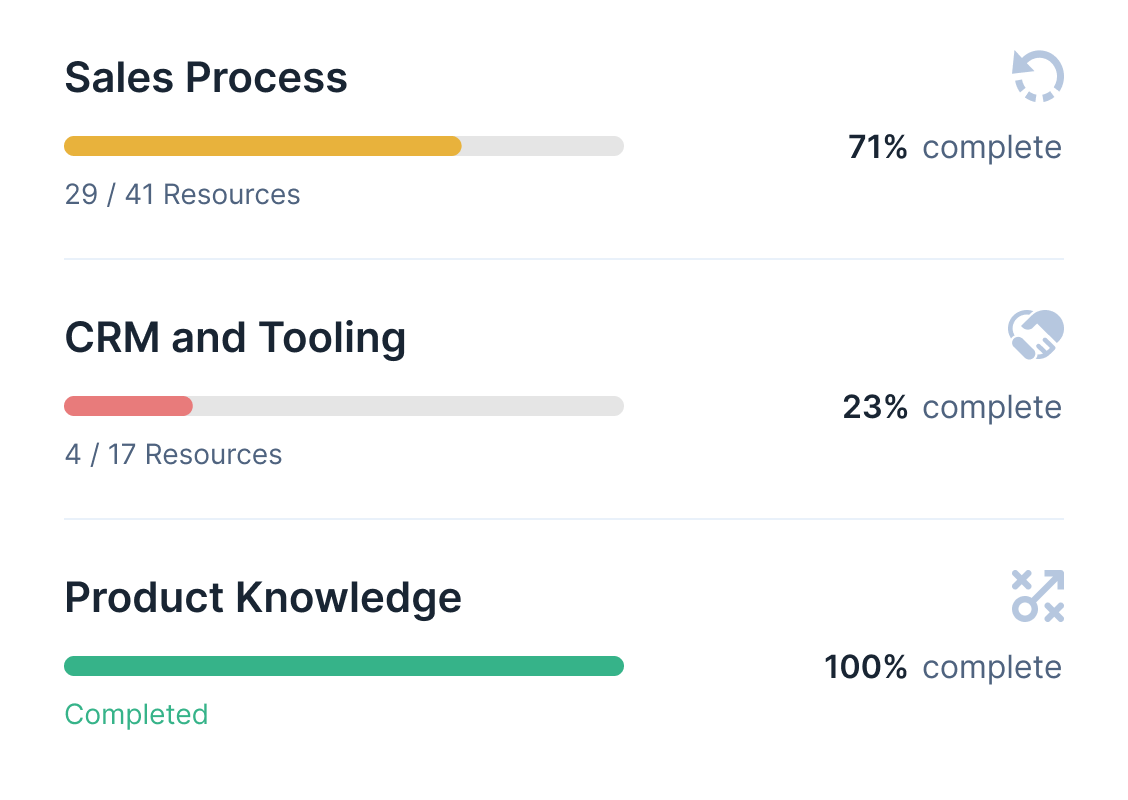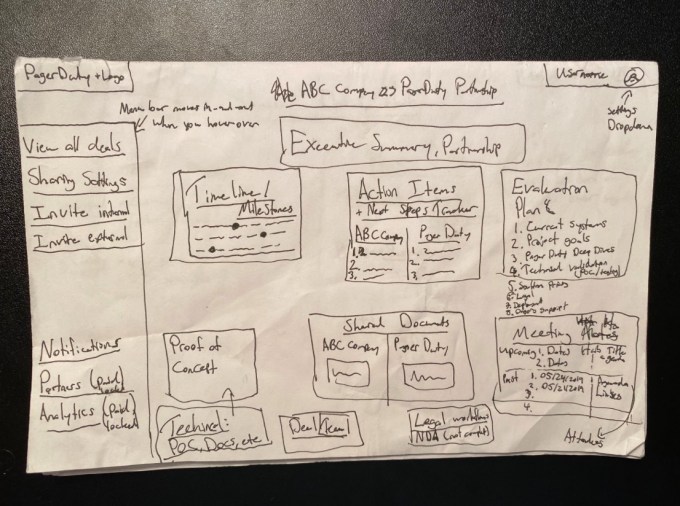Accord, a collaboration platform designed to support business-to-business (B2B) sales, today announced that it raised $10 million in Series A funding from Matrix Partners, Nat Friedman and Y Combinator. CEO Ross Rich says that the new funds, which bring Accord’s total raised to $17 million, will be put toward growing the startup’s engineering, sales and marketing teams.
Accord was co-founded in early 2020 by brothers Ross and Ryan Rich. Ross was one of the first salespeople at Stripe back in 2015, while Ryan was an early sales hire at Google Cloud. The brothers say that they discovered the challenges of modern B2B sales firsthand as their teams scaled from a handful of reps to thousands on the go-to-market team.
“We started Accord to solve frustrating challenges in B2B sales,” Ross told TechCrunch in an email interview. “Customers don’t want to talk to sellers. B2B buyers have been conditioned by the business-to-consumer, Amazon-esque, experience and expect no difference in terms of the level of transparency, speed and ease of purchase. Compounded with that fact, there is no system to reinforce a consistent, repeatable sales process, even if you have the ideal sales journey all figured out.”
After rounding out Accord’s founding team with ex-LinkedIn exec Wayne Pan, Ross and Ryan kicked things off in Y Combinator’s Winter 2020 batch. The two built a prototype workspace that sales teams could use to define and execute repeatable sales process.

Accord’s UI.
“Typically, sales teams hack together a mix of Google Docs, Sheets, shared Slack channels and other general project management tools to accomplish sales process management, ” Ross said. “However, adoption is incredibly low and none of those tools are integrated into the customer relationship management software, so you can’t build prescriptive workflows and all of the customer-engagement data is lost.”
Ross argues that Accord’s platform today — available in both free and paid flavors — does what disparate apps cannot: offers the ability to collaborate around and share sales milestones, next steps and resources with all stakeholders. “Everyone needs to do more with less these days, and a great answer to that is using Accord to ensure that every seller in your sales org is making the most of each deal and not letting anything slip,” he added in a tone not unlike a sales pitch, appropriately.
Accord has rivals in Clari and Outreach, both of which recently snatched up early-stage companies (i.e. DealPoint, Sales Hacker) to develop a similar sales orchestration offerings. Ross also mentioned Quip, a company Salesforce acquired in 2016, which embeds collaborative business process documents, spreadsheet and chat inside of Salesforce.
But Ross sees Accord as a pioneer in its category (unsurprisingly), with a customer base eclipsing 130 sales organizations at brands including Figma, Affirm, Stripe, Headspace and BetterUp. He’s not anticipating a slowdown; Accord plans to grow its workforce from 13 people today to over 30 by the end of the year.
“Recent economic challenges have led to a tightening of budgets, mass layoffs and a focus on efficiency. This causes slower sales cycles for every company — more decision makers and due diligence for each purchase — but also an immediate re-prioritization of the need for predictability, discipline and rigor when it comes to business-to-business sales and reliably hitting annual recurring revenue targets. The need for Accord is exponentially greater in these challenging times as every company is laser-focused on increasing their sales efficiency and effectiveness — exactly what Accord delivers.”
Accord, which offers a platform to manage sales processes, secures $10M by Kyle Wiggers originally published on TechCrunch

